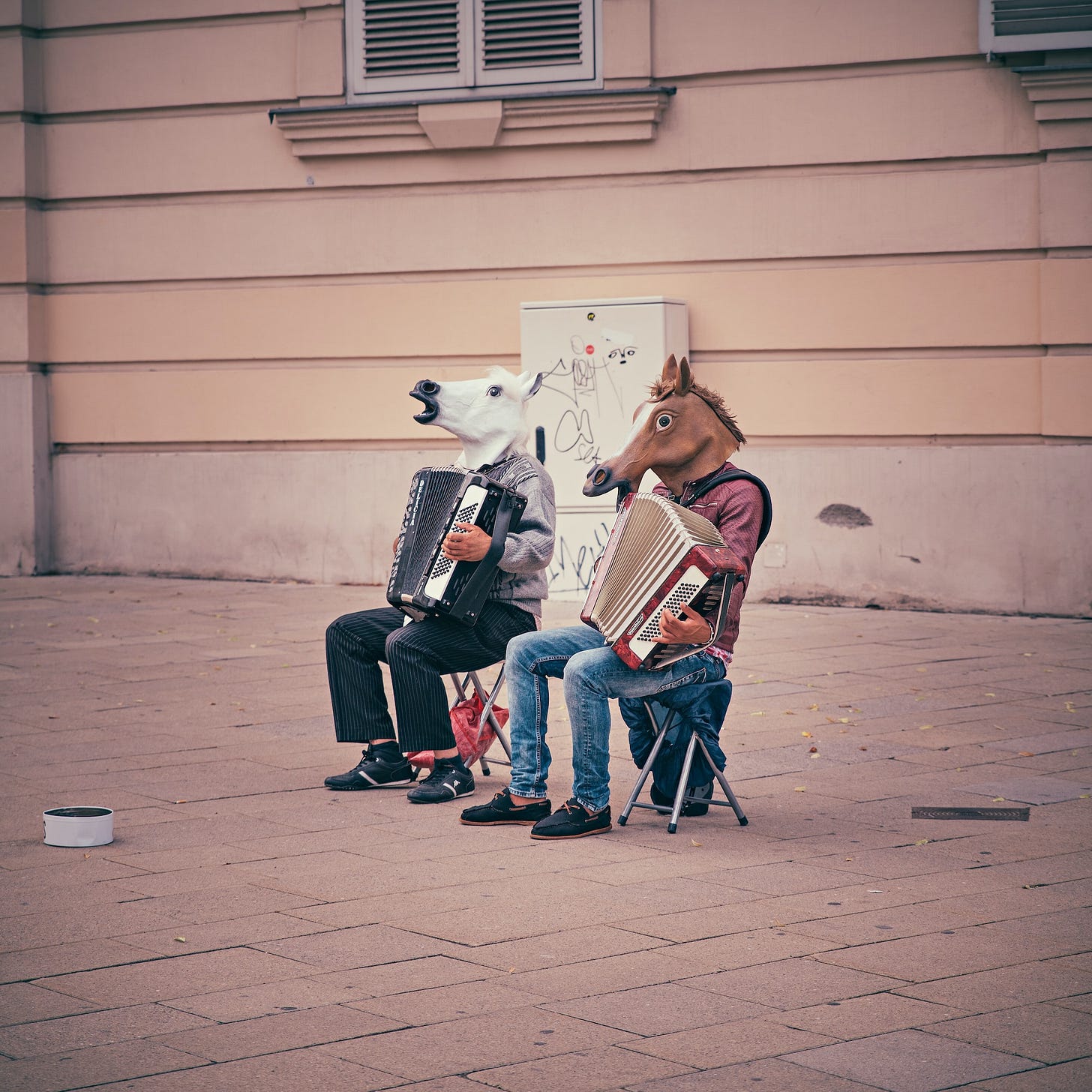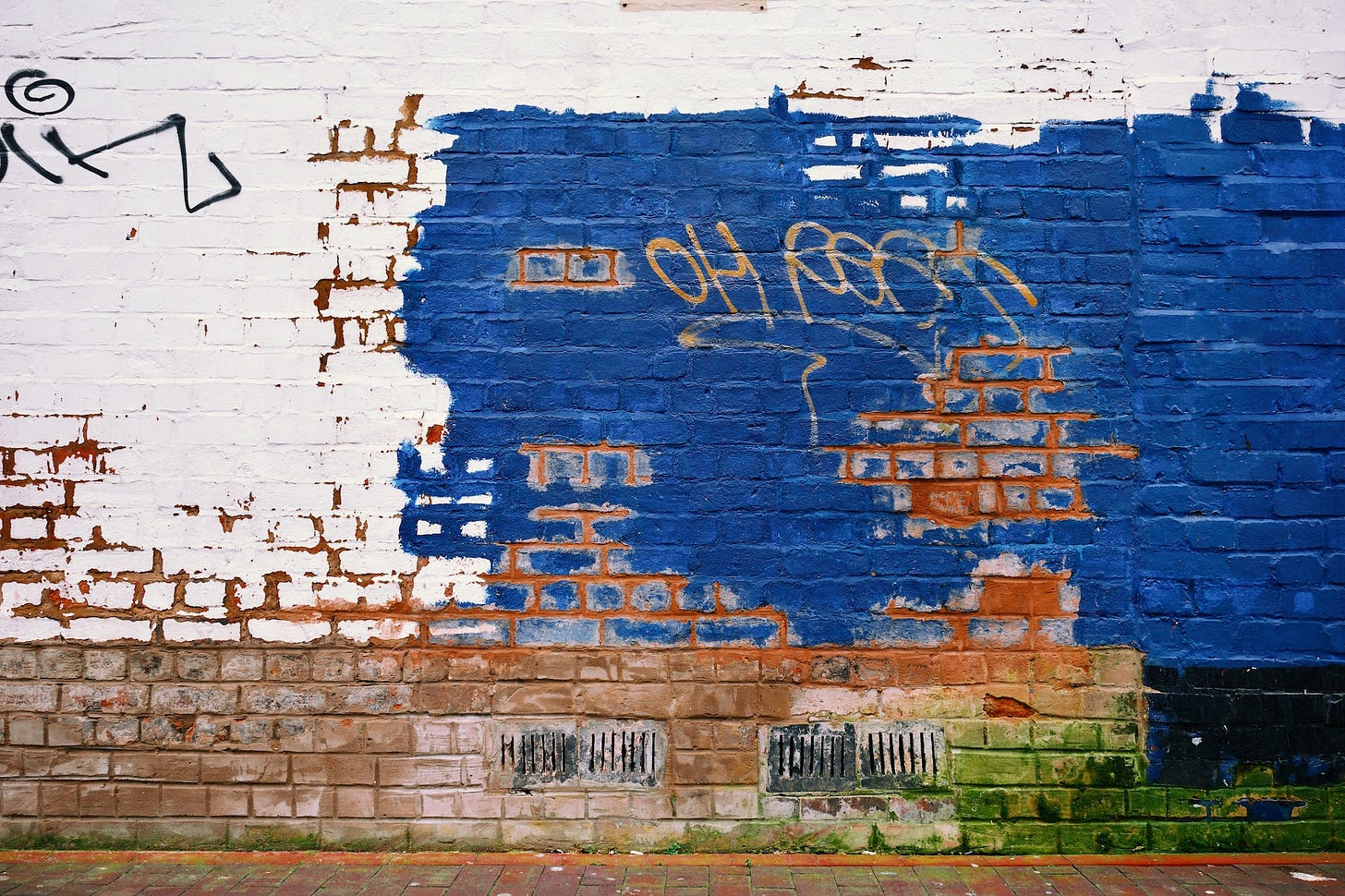Chatter #7: Essential Legal Bytes (Bullet Train, Hindenburg time, Pfizer fine, Terrorist orgs, SC orders)
Mumbai HC sides with Bullet Train, Its Hindenburg time at SC, Pfizer fine on India pharma, Terrorist org membership not a crime, SC orders dont need superior approval - are the five legal news this week #DrishtikoneNewsletter


“When you use the term minority or minorities
in reference to people, you're telling them that
they're less than somebody else.” ― Gwendolyn Brooks
1. Godrej challenges Mumbai-Ahmedabad Bullet train
The Mumbai-Ahmedabad bullet train land acquisition is now being challenged by Godrej & Boyce company. The Mumbai High Court division bench of Justices RD Dhanuka and MM Sathaye dismissed the petition. The company was challenging the government acquisition of land owned by Godrej & Boyce under Eminent Domain.
High Court Paves The Way For Mumbai-Ahmedabad Bullet Train
2. Supreme Court's time on a Gossip report
The Supreme Court will listen to a request on Friday that asks the Central Government to create a committee monitored by a retired Supreme Court judge. This committee will look into the Hindenburg Research report which makes many accusations against the business group led by Gautam Adani.
The Hindenburg "kitty party" report was an embarrassment and a piece of trash. But in these days anything that tries to challenge the current government is game in the Supreme Court. And the court will promptly make time for it.
Where close to a 100k cases are pending and running from generations, those courts have the time for something as pedestrian as a report from a short seller in a far away country where that group is not even taken seriously!
Supreme Court Agrees To Hear Plea Seeking Probe Into Hindenburg Report On Adani Firms
3. Delhi HC orders Pharma Company to pay ₹2 Crore for infringing Pfizer’s Patent
Delhi High Court ordered Triveni Interchem Private Ltd. director Kamlesh Singh to pay Rs 2 crore in damages to Pfizer for contempt of court and infringement of its patented compound Palbociclib. Singh must pay or face two weeks in Tihar jail. Pfizer argued Triveni was selling the compound without permission. The case will be heard again on March 16
Delhi HC orders Pharma Company to pay ₹2 Crore for infringing Pfizer’s Patent
4. Questioning 2011 judgment that mere membership of a banned organisation cannot be a crime
The Supreme Court was asked about its 2011 rulings that said being a member of a banned organization can't be considered a crime, noting that there was no challenge to the law. The bench, with Justice MR Shah, Justice CT Ravikumar, and Justice Sanjay Karol, was looking into the Centre's plea to review two 2011 judgments, where the provision of the Terrorist and Disruptive Activities (Prevention) Act (TADA) (now repealed) was read down to say that simply being a member of a banned organization couldn't be considered a crime unless the person was involved in some violent activity. Justice MR Shah said that there was no point in reading down a law unless its validity was questioned or doubted. This ruling came while two separate cases of bail and conviction under TADA were heard. The Centre asked for the two-judge bench to consider the Unlawful Activities (Prevention) Act (UAPA), which outlines punishment for being a member of an illegal group. In 2014, the matter was referred to a three-judge bench. The solicitor general Tushar Mehta, who represented the Union government, questioned the 2011 judgement, saying it failed to protect the country's security.
And that is the difference between judiciary and the executive. While judiciary focuses on what has been, executive (if it is worth its salt) should focus on what can happen and prevent the worse from manifesting. If someone who is part of a terrorist organization is let go simply because he has not yet committed a crime, the country will be besieged with attacks!
5. No permission needed from superior to implement order from Supreme Court
The Supreme Court recently stated that when the highest court of the country has passed a direction, there is no basis in seeking permission to implement it. A bench comprising Justices BR Gavai and Vikram Nath passed this observation in an order passed on February 6. The bench observed that "when an order has been passed by the highest Court of the country, there is no occasion for the Collector to seek permission for implementation of the orders passed by this Court". The Court issued show-cause notice to District Collector Junagadh for contempt action and asked him to remain personally present on February 26, but added that if the order is implemented in the meantime, then he need not appear.
If you like our content and value the work that we are doing, please do consider contributing to our expenses. CHOOSE THE USD EQUIVALENT AMOUNT you are comfortable with.
If you like this post - please share it with someone who will appreciate the information shared in this edition.
Today’s ONLINE PAPER: Check out today’s “The Drishtikone Daily” edition. - THE DRISHTIKONE DAILY



